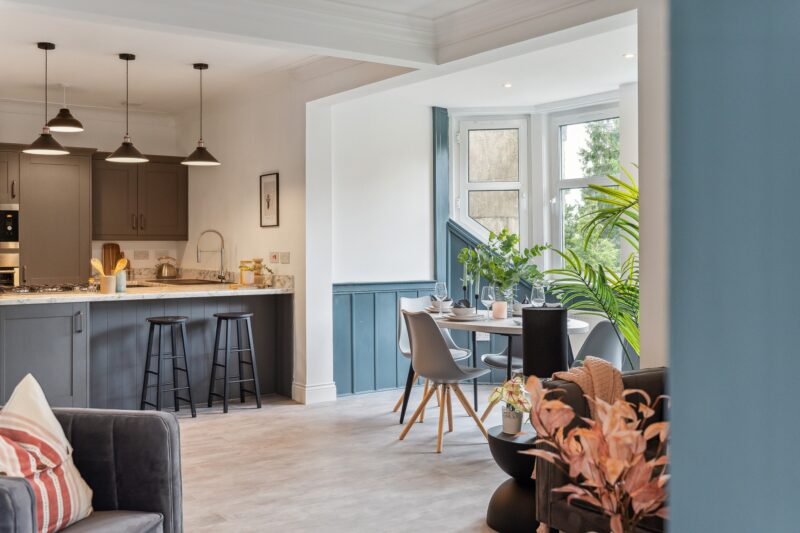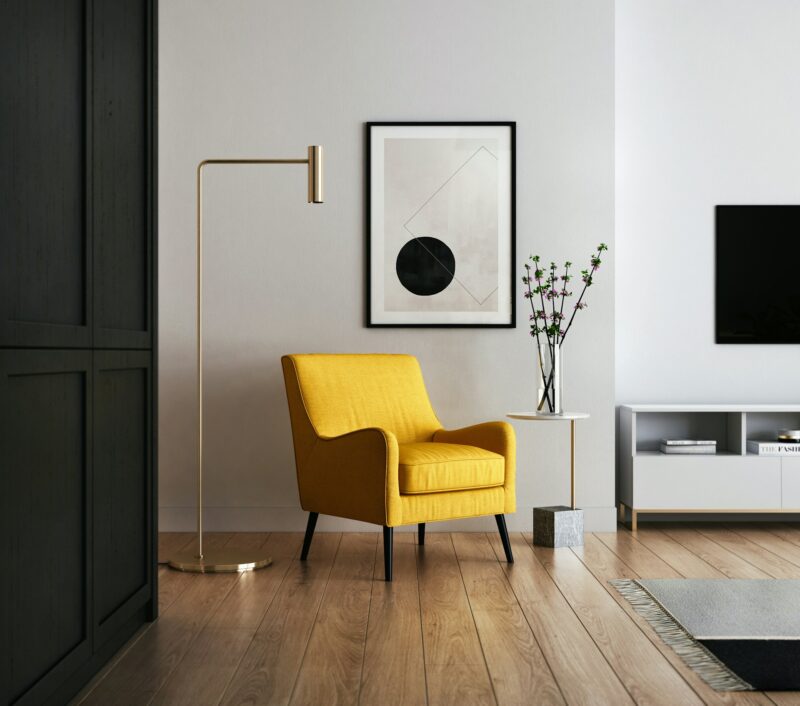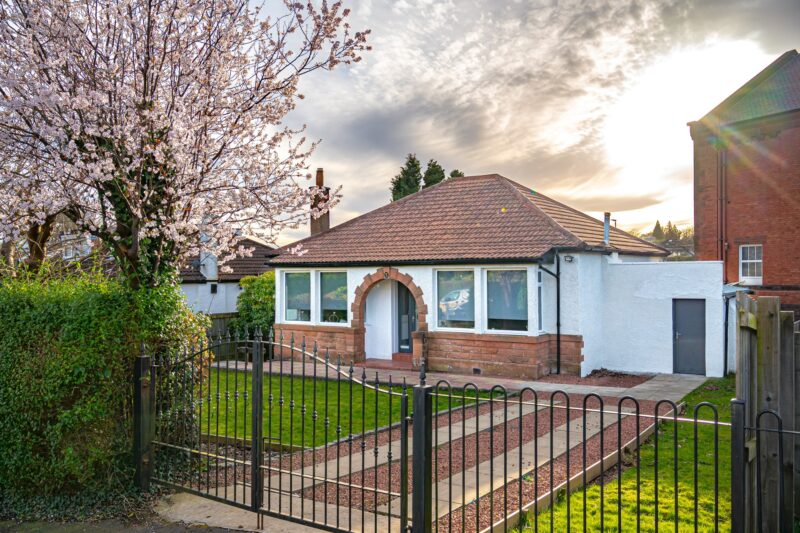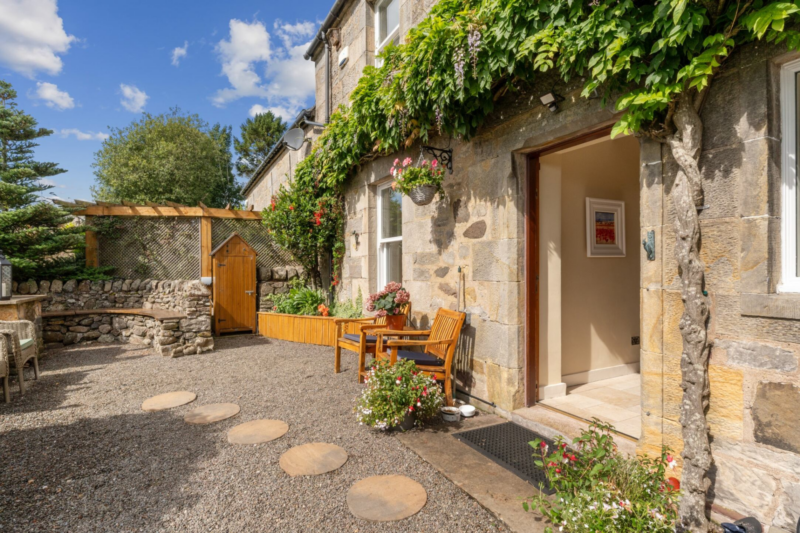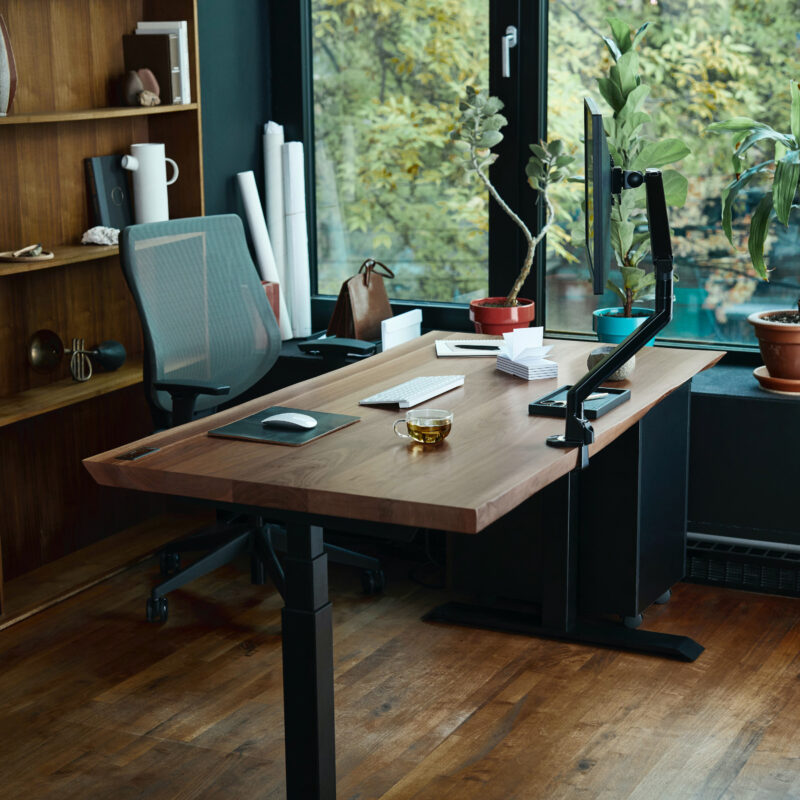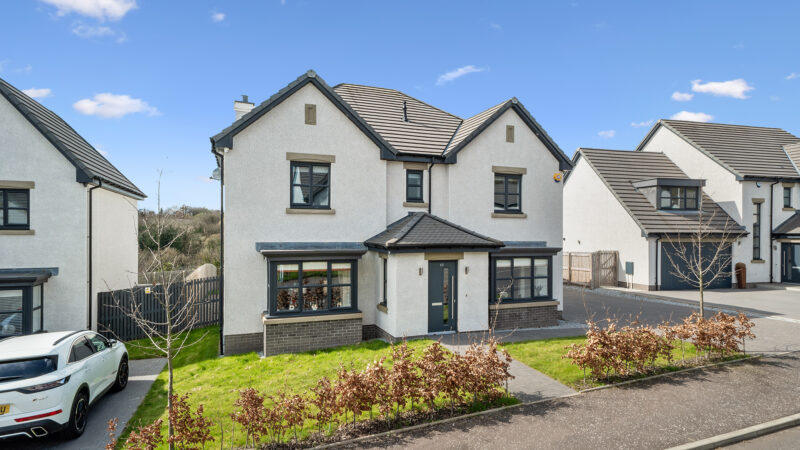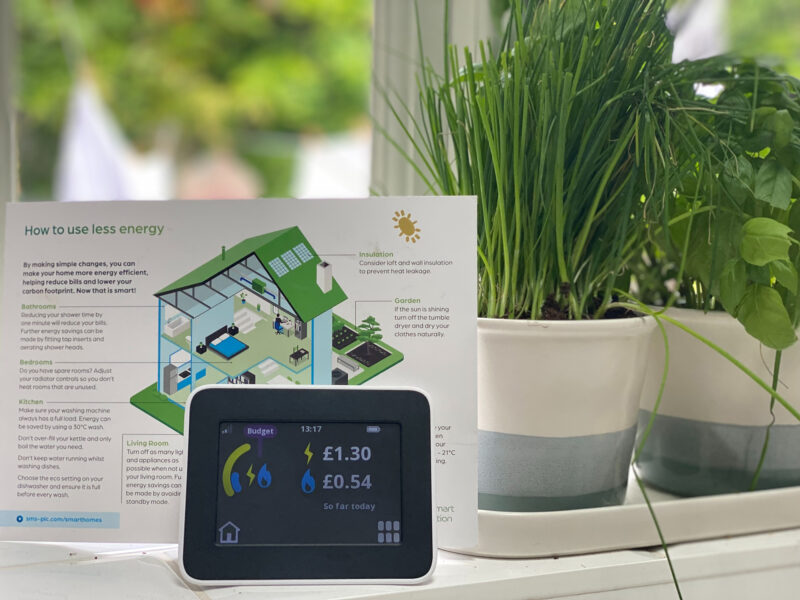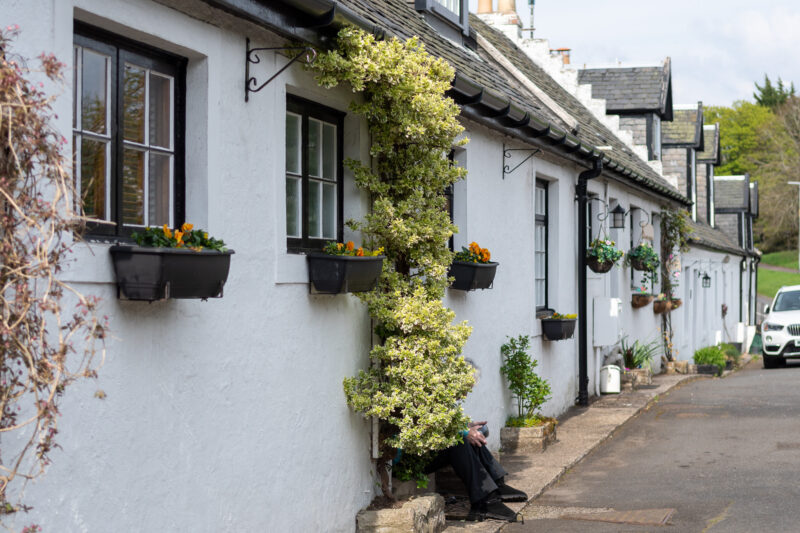
Will Brexit Impact Current House Market?
With the EU Referendum now less than a month away, the ‘Brexit’ uncertainty doesn’t seem to have caused any waves within the local housing market, as we have seen unprecedented growth – which is a theme us Scots are now pretty used to.
House Prices Increase Over the Last 90 Years
The property prices have steadily increased in the last 90 years – as research into quality of life under the Queen’s 90 years reign has recently showed.
As the Queen’s ‘official’ 90th birthday was celebrated last month a magazine feature showed that the average cost of a UK home has increased by 47,000 per cent, a staggering rise that has even outperformed the rise in the cost/ value of gold.
Stamp Duty Changes Further Increased House Prices
A lot of the rise in property costs could be – aside from inflation, the ever growing population and the increasing overall wealth of the country – down to stamp duty changes. As reported in an article by The Telegraph, the laws surrounding stamp duty have changed 14 times in just over 20 years.
Higher rate bands were introduced in 1997, and the top rate of stamp duty rose from just 2% to 12%. Apart from homes that cost less than £125,000, all properties have seen an increase in stamp duty, with the highest value properties being hit the hardest.
And as we reported earlier in the year, there is now a new 3% surcharge on buy-to-let properties that has hit landlords’ profits hard.
By 2020, the Average Home Price Might Hit the £270,000 Mark
According to charity Shelter, it could be said that house price rises are set to continue for years to come.
Figures from Shelter have revealed that today’s average house prices have already rocketed past the 200k mark – sitting at £220,000. And based on the continually rising trend, it is reckoned that by 2020, the average house price will have jumped by another £50,000 to £270,000.
That means that first-time buyers will, in theory, need to raise a whopping £46,000 deposit if they want to buy an average priced home in just four years’ time. And the outlook is even worse for those seeking to live in Britain’s Capital, as the figures suggest that to afford an average priced London home; you’ll need to be earning at least £106,000 a year.
In Glasgow, house prices rose by 3.5% per cent in April to an average of £109,100, and 4.5 per cent over the last year, when growth slowed in the face of uncertainty over the 2015 UK general election. Edinburgh’s current property average price is £196,500 with a 4.8 per cent growth compared to last year. (Source)
The Looming Brexit Raises Slim Doubts
The uncertainty of a potential UK exit out of EU does leave space for speculation about the above mentioned average house price growth and recent analysis shows that the exact impact of Brexit on property prices and transactions cannot be estimated with precision.
Although many economic factors can impact the property market in case UK votes Yes to Brexit, at Clyde Property we have not really seen a decrease in activity in 2016, with affordable mortgages still fuelling demand. Potential buyers in our database are still seeking for their dream homes with no sign to slow down the general home price growth trend.
From what we have seen so far, London and its suburbs seem to be most sensitive to a potential Brexit and would most likely be further impacted by weaker overseas demand.
If you would like to talk to us about local property trends impacting the value of your home or your investment, please contact your Clyde Property branch today.
